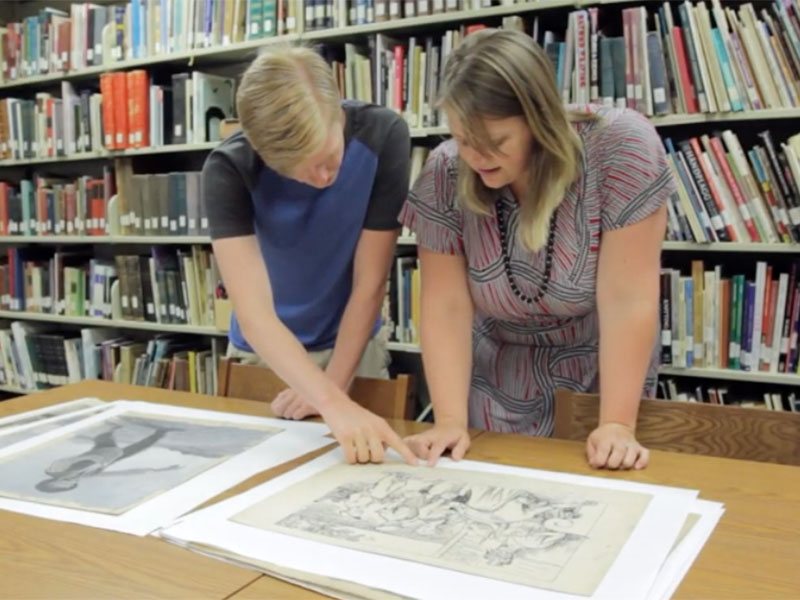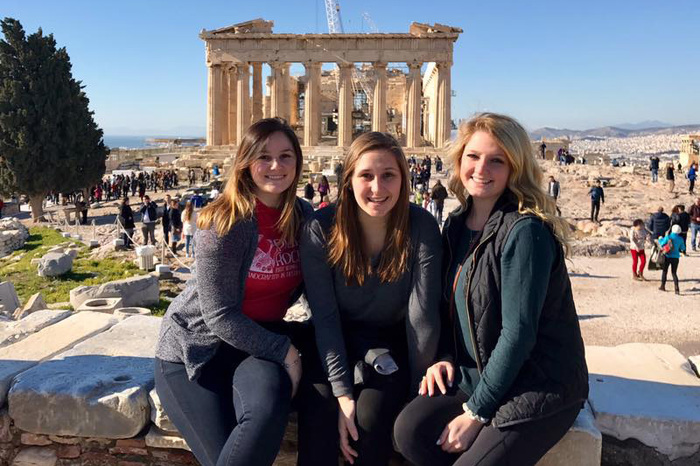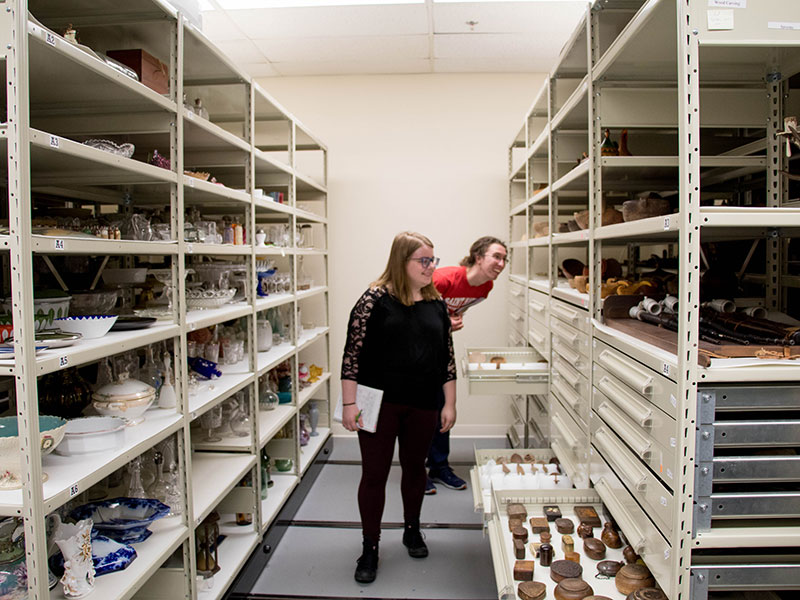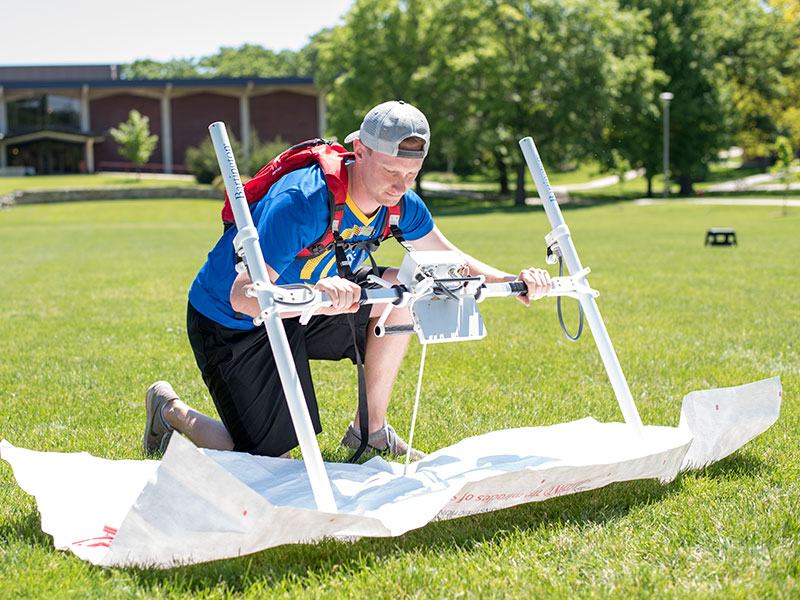Program Highlights
Internships
Internships are a crucial component of active learning. Luther helps match history majors with choice internships at museums, historical societies, and various governmental organizations. You’ll be encouraged to engage in real-world learning to gain important professional experience and discover your passions.
Off-Campus Study
Study-away courses help you explore historical marvels around the world. Incredible off-campus courses are offered during both January and semester-long terms by the Center for Global Learning.
Writing Opportunities
The Luther Skald is the history department’s journal of student research. This journal gives outstanding student history writers a place to publish their hard work.
What You’ll Learn
History Major
Luther’s history department offers courses that cover a wide array of time periods and places around the globe. They include:
- The history of the United States (from before its founding through the present)
- European history (ancient, medieval, early modern, and modern)
- African history (early modern and modern)
- African American history
- Asian history
- Middle Eastern history
- Classical studies
Plan I (non-teaching). With this plan, you must complete one course in historical methods,two courses at the 300 level, a research seminar, and a senior project. A writing course is also required. Double majors may elect to complete their senior project in another discipline.
Plan II (teaching US and/or world history). If you plan to teach in secondary education, you must also complete at least one certification area (US history, world history, or both) for teaching history in the state of Iowa, a minimum of four courses in US history (for certification in US history) and/or four courses in African, Asian, European, or transregional/comparative history (for certification in world history). You’ll complete the writing requirement through a Junior-Senior Seminar.
History Minor
The history minor consists of five courses. You must complete at least one course in three of the following areas of history: African, Asian, European, US, and transregional/comparative (at least one of these courses must be African or Asian history).
One of the five courses must be at the 300 level or above. Students select other history courses based on their interests and with history faculty approval and consultation.

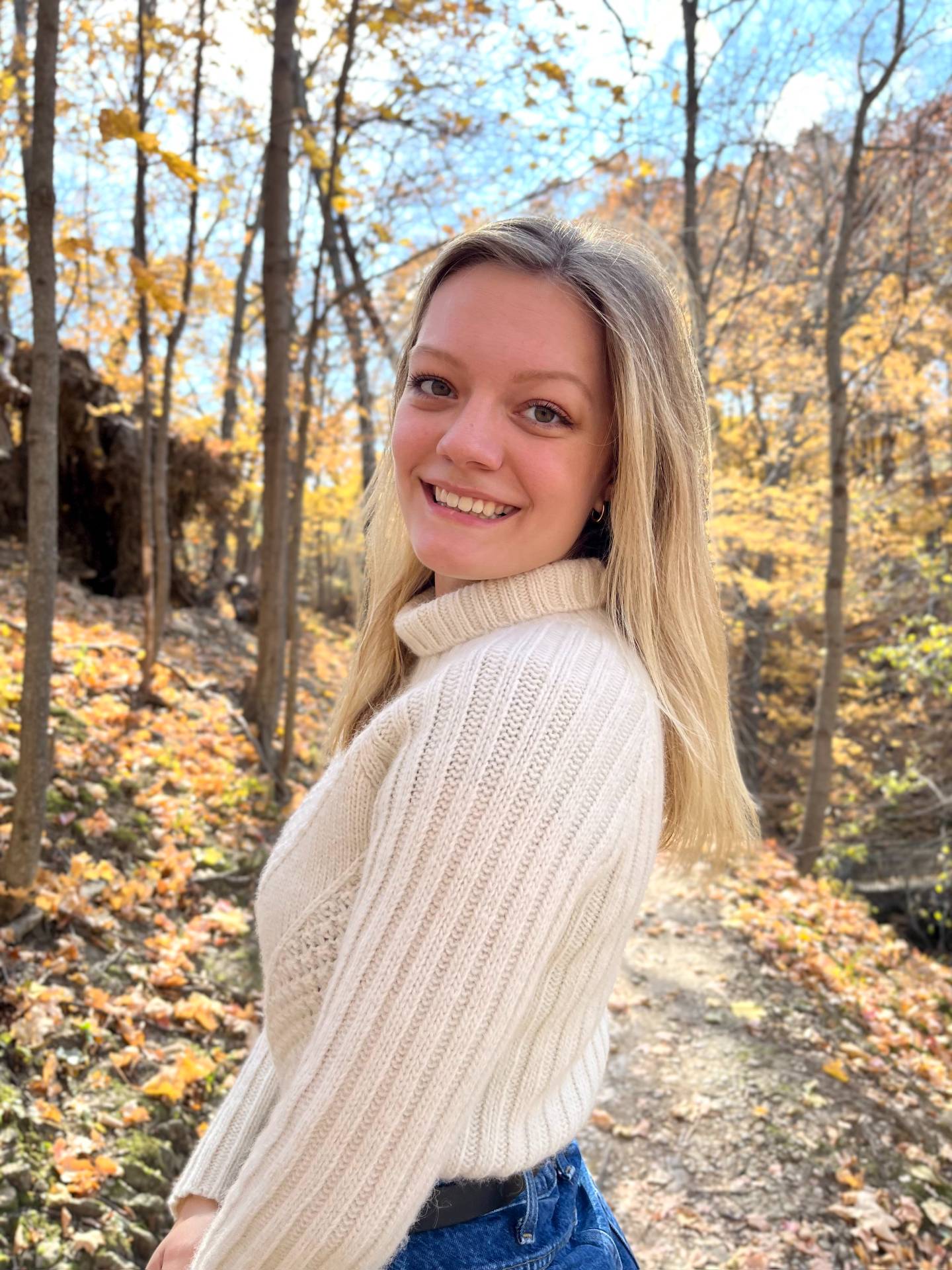
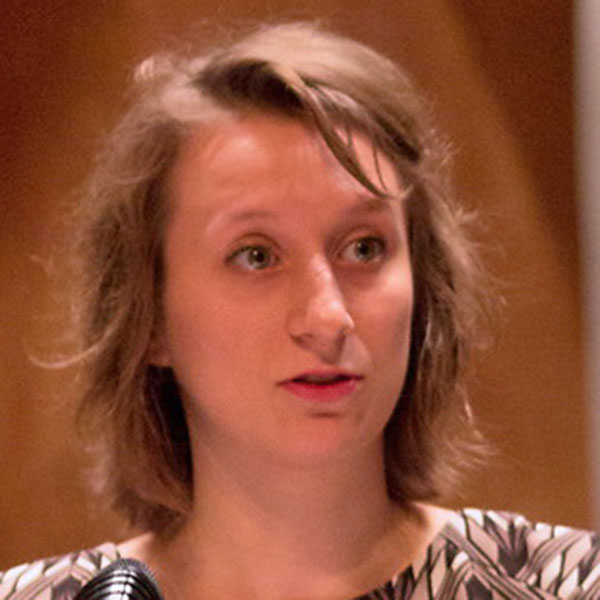
Careers and Outcomes
History encourages cultural literacy, good citizenship, and sensitivity to diverse peoples and contexts. A history major also helps you become a critical and scholarly reader. You’ll learn to write eloquently and persuasively. History research requires that you make sound arguments, clarifying your positions and justifying them using solid evidence—exactly the kind of work most professions seek.
Studying history at Luther means you’ll graduate with skills in research, writing, oral presentation, and critical thinking. With these transferable skills, Luther history alumni are successful in a wide variety of careers.
Career Fields
- Business
- Banking
- Law
- Archive management
- Museum work
- Foreign service
- Teaching
Uncovering Historical Context
Student-faculty research projects often tackle big questions. Professor of History Anna Peterson and student Race Fisher ’19 helped the Vesterheim National Norwegian-American Museum research the history surrounding World War I political cartoons.
International Honor Society for History
Phi Alpha Theta is an international honor society for history. The Lambda Omega Chapter of Phi Alpha Theta was chartered at Luther college in 1966. Students and professors are elected to membership on the basis of excellence in the study or writing of history. The society brings students, teachers, and writers of history together both intellectually and socially through participation in campus, regional, and national activities.
Classical Studies
Explore the complex world of ancient Greece and Rome through Luther’s classical studies minor. You’ll tackle some of the most fundamental problems of human existence. Studying the classical world will expand your intellectual toolkit. Gain unique linguistic, literary, and historical skills to address modern-day problems.
